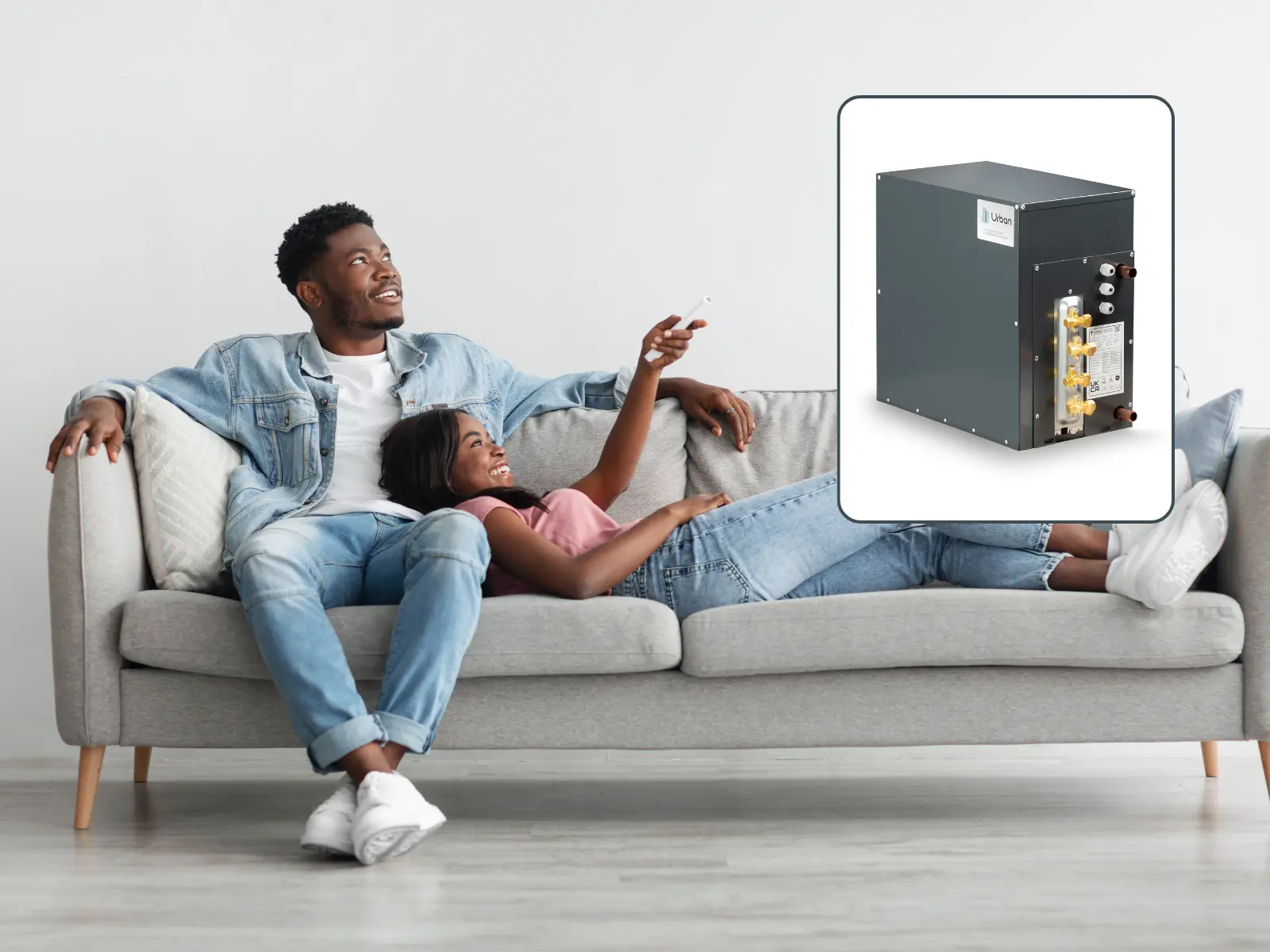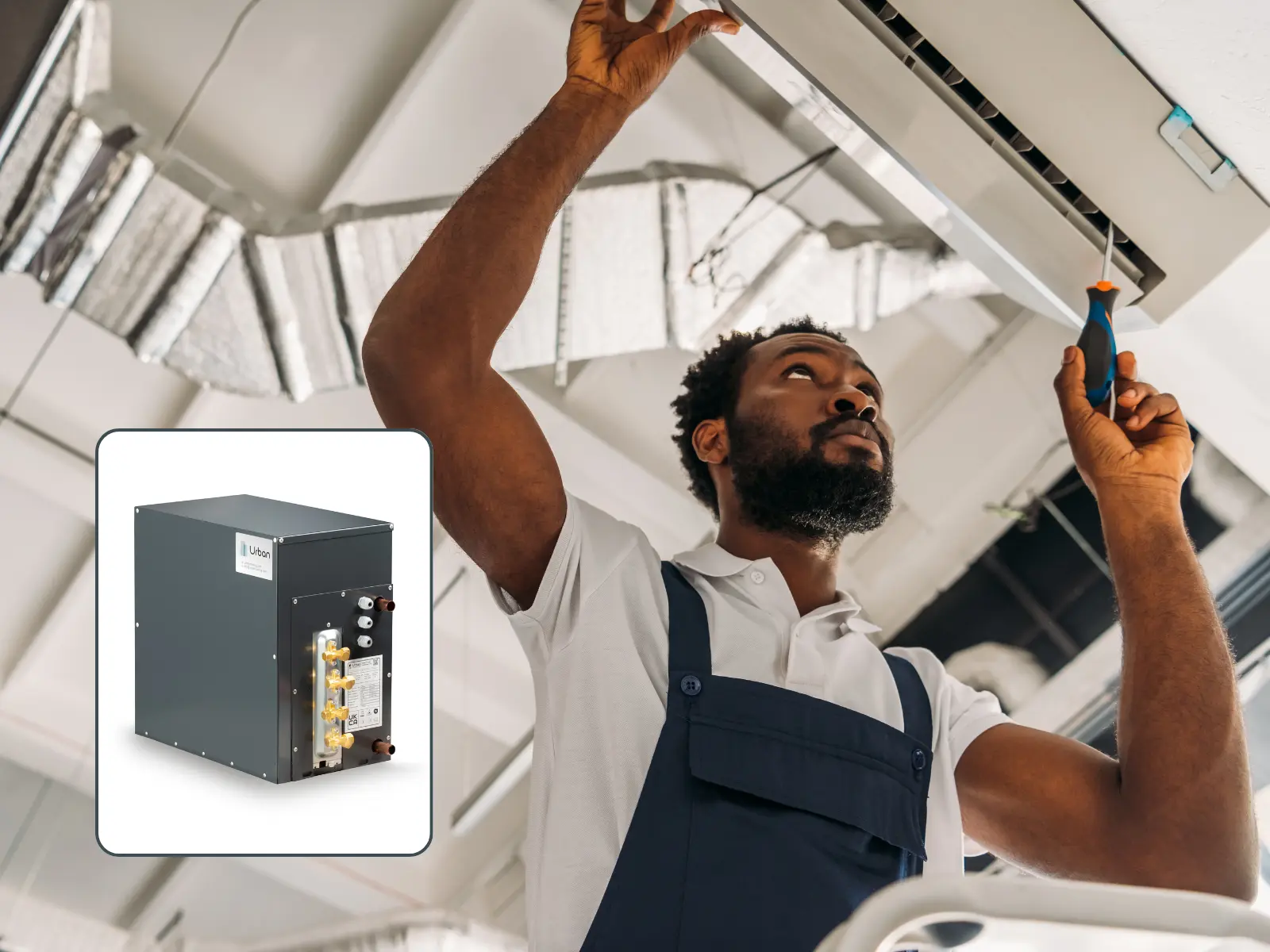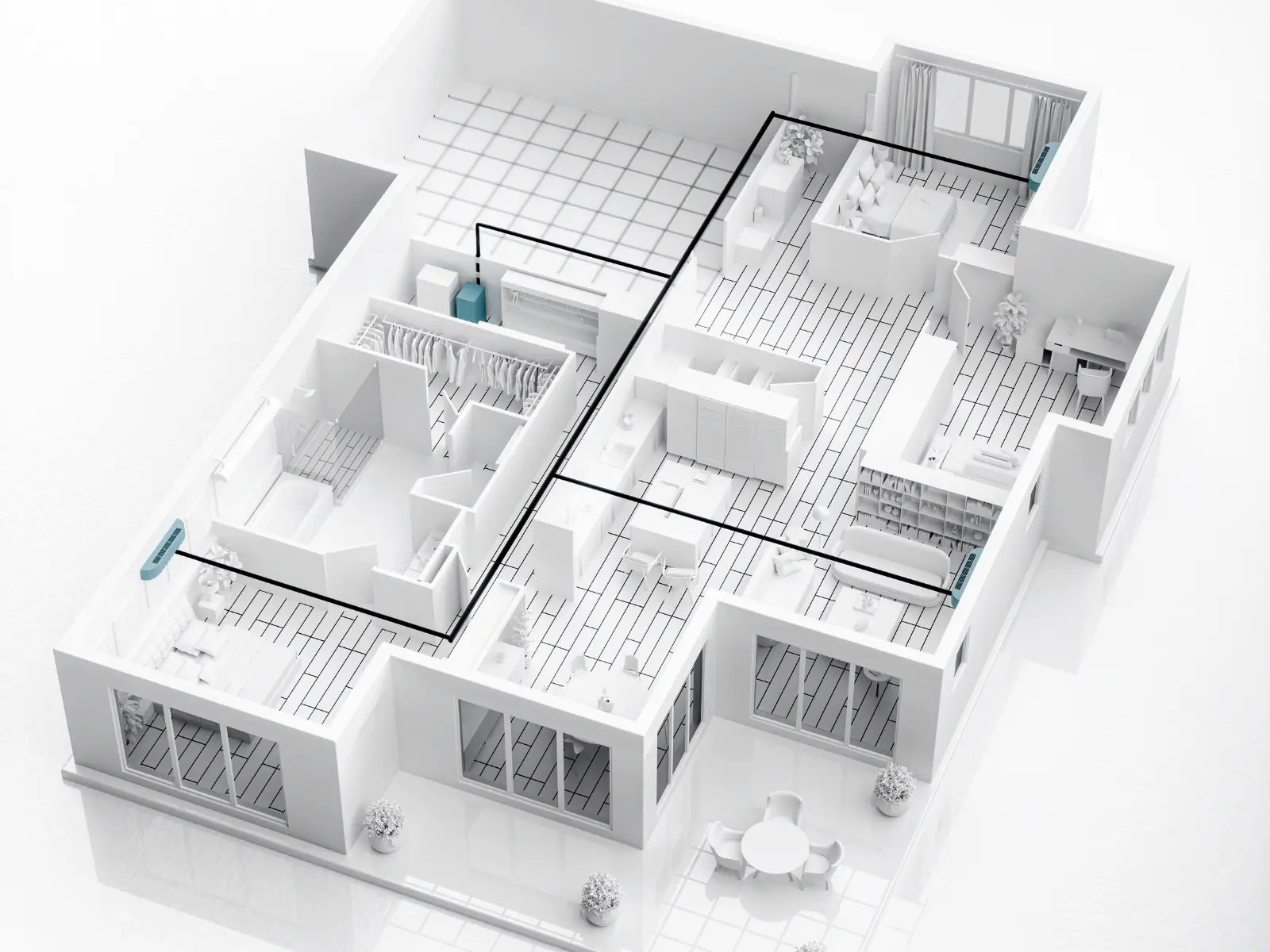Air pollution isn’t just something that affects you when you’re outside. Indoor air pollution can be just as harmful to your health and wellbeing as the poor air quality you can encounter outside.
On average, people can spend up to 90% of their time indoors, whether this means being at home, work, in shops or other indoor environments. When you consider the fact that pollutant concentrations can be two to five times higher inside compared to outside – even in some cities – this means that you are potentially spending 90% of your time breathing poor air.
So what causes indoor air pollution, what effect can it have on your health and how do you deal with it?
What Causes Indoor Air Pollution?
There are a lot of different causes of indoor air pollution as things both inside and outside a building can affect the air quality within it. Some of the most common causes of indoor air pollution include:
- Cooking appliances
- Fireplaces
- Smoking
- Cleaning products
- Paint
- Building materials used in the construction of a property
- Pet dander
- Chemicals in the water supply
- Outdoor air pollution
On top of this list, when you enter a building, you can bring soil, dust and other types of pollutants inside with you on your shoes or clothing, which also affects the air quality.
Outside climate can also affect as it can encourage certain behaviours. For example, if it is hot and sunny, you may open your windows, which allows in more external pollution. When the weather is cold, you’re likely to turn on heaters or light a fire, which can also affect air quality. Climate can also impact indoor moisture and mould growth.
How Does Indoor Pollution Affect Your Health?
Indoor air pollution can have a big effect on your health increasing your chances of developing a serious condition. According to the World Health Organisation (WHO), around 6.5 million deaths each year are associated with air pollution, which includes indoor air pollution, with 92% of the people across the globe not breathing clean air.
Air pollution is a contributing factor in one of every three deaths as a result of stroke, lung cancer or heart disease. It can also cause or affect respiratory diseases, which can result in severe complications.
On a daily basis, indoor air pollution can irritate your eyes, nose and throat, as well as headaches, dizziness and fatigue. These may not be serious health issues, but they can affect your wellbeing and your ability to perform everyday activities.
“Sick building syndrome” is also being more regularly attributed to indoor air pollution. This syndrome is when multiple people experience similar symptoms after entering the same building, only to find that symptoms stop or diminish once they have left the building.
What Can You Do To Reduce Indoor Air Pollution?
While it will never be possible to completely eradicate indoor pollution, there are steps you can take to reduce it and improve the overall air quality of your home. This can help ensure your home is a healthier environment.
Here are some things that will help to reduce indoor air pollution:
- Avoid smoking inside
- If you have a gas cooker, make sure it is well ventilated
- Vacuum carpets and rugs once or twice a week or remove them completely
- Sweep and wash your floors regularly
- Remove your shoes at the door
- Cut down on air fresheners
- Dust surfaces regularly
- Wash bedding regularly
- Use carbon monoxide detectors
- Reduce scented candle use and keep lids on them when not in use
- Minimise clutter
- Use your cooker hood whenever you are cooking
- Use your extractor fan in the bathroom
You may also want to consider having air conditioning installed, as this can help to improve the air quality of your home. Our fully internal water-cooled air conditioning helps to improve air quality in a few different ways, all while helping maintain a consistent temperature that ensures your home is cool and comfortable:
- Improves airflow without you needing to open your windows and allow outdoor pollution to affect the air quality of your home.
- Helps to remove moisture from the air, ensuring it is less humid and reducing the chances of mould.
- Filters the air, reducing the levels of dust, moisture, bacteria and pathogens that can affect those with respiratory issues.













.webp)
.jpg)






-min.avif)

.avif)
.avif)






.avif)

.webp)













